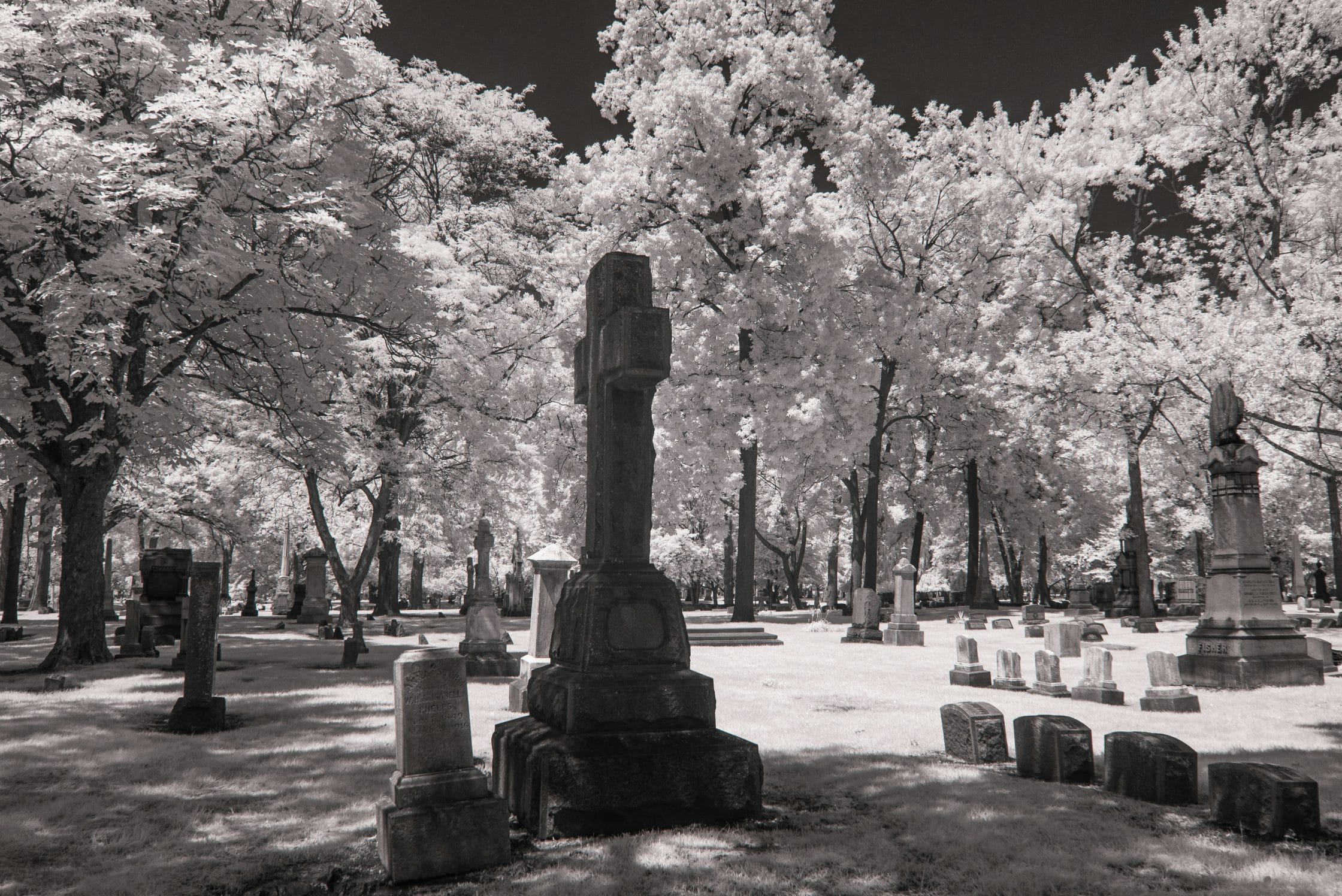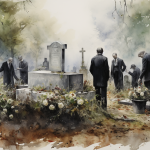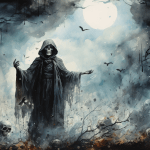Have you ever jolted awake, heart racing, after dreaming of your own death? Maybe you were falling from a great height, trapped in a burning building, or staring down some unknown menace. It’s one of those dream experiences that sticks with you, leaving a weird, uneasy feeling lingering long after you’ve opened your eyes.
But what does it actually mean when you die in a dream? Is it a dark omen, a sign something’s wrong, or just your brain letting off steam? And is it bad to dream of your own death? Let’s unpack this peculiar, often misunderstood dream theme together.
The Old Wives’ Tale: “If You Die in a Dream, You Die in Real Life”
First, let’s address the age-old myth. You might have heard people say, “If you die in a dream, you’ll die in real life.” It’s one of those ominous bits of folklore that gets passed around like an urban legend. Thankfully, it’s absolute nonsense.
People dream about dying all the time — and live to tell the tale. In fact, many dream researchers, like those at the International Association for the Study of Dreams, suggest that death in a dream is far more symbolic than literal. It rarely predicts physical death. More often, it represents change, endings, or personal transformation.
So if you’ve dreamt of your own demise, take a breath. It’s unsettling, sure — but it might actually be signalling something far less sinister.
What Does Dying in a Dream Actually Symbolise?
In dream psychology, death is almost never about actual death. Instead, it tends to symbolise a significant shift in your life, your identity, or your emotional state. Think of it less as a final ending, and more as a metaphorical closing of one chapter and the start of another.
Here are a few of the most common interpretations:
1. Endings and New Beginnings
Dreaming of your own death often signals the end of something in your waking life. It could be the conclusion of a relationship, a job, a habit, or even a way of thinking. It’s your subconscious way of marking that something is over — and making room for what’s next.
Some people report having death dreams before major life events like moving house, starting a new job, or embarking on a new relationship. While it feels dramatic, it’s really your mind’s way of processing the unknown.
2. Fear of Change or Loss
If you’re someone who struggles with letting go, a death dream might surface during times of transition. It could reflect anxiety about growing older, leaving a familiar situation, or losing an important part of your identity.
Ever felt terrified at the thought of leaving a steady job, even for a better opportunity? Or anxious about ending a friendship that’s run its course? Those anxieties can manifest in dreams where you symbolically “die” — because a part of your old self is disappearing.
3. Personal Transformation
Interestingly, death dreams can also symbolise personal growth. In some spiritual traditions, death is seen as a necessary precursor to rebirth. Carl Jung, the famed Swiss psychoanalyst, believed that death in dreams could represent the shedding of an old self or outdated belief system.
So, if you’ve been working on self-improvement, healing past wounds, or redefining your sense of purpose, a dream about dying might be your subconscious marking that transformation.
What About Dreaming of Others Dying?
It’s not always yourself in the firing line, of course. Many people have vivid dreams of loved ones, strangers, or even celebrities dying. Much like dreaming of your own death, these dreams are rarely literal predictions.
Often, they reflect your feelings about that person, or your relationship with them changing in some way. It might symbolise growing emotional distance, unresolved tension, or your subconscious acknowledging how your bond has evolved.
And sometimes — it’s just your mind throwing up strange, random narratives. Our brains are weird like that.
Should You Be Worried?
In most cases, no. Dreams about death, while emotionally charged, are usually harmless reflections of your inner world. Unless they’re recurring and causing genuine distress or interfering with your sleep, they’re nothing to be frightened of.
However, if you notice persistent death dreams alongside intense anxiety, depression, or trauma, it might be worth speaking to a mental health professional. Sometimes our dreams can flag issues our conscious minds are struggling to voice.
A Note on Cultural Interpretations
It’s also worth mentioning that interpretations of death dreams vary across cultures. In some traditions, dreaming of death is considered lucky — a sign of good fortune or a long life ahead. In others, it might be seen as a message from ancestors or a spiritual prompt to reflect on your actions.
If you’re curious, the International Association for the Study of Dreams is a fantastic resource for exploring cross-cultural dream beliefs.
Final Thoughts: A Dream of Death Isn’t the End
So, what does it mean to die in a dream? In short: it’s rarely about literal death, and far more about life. It’s a reflection of your inner state — the endings, changes, fears, and transformations you’re navigating, whether you realise it or not.
The next time you wake up from one of these unsettling dreams, take a moment. Rather than spiralling into worry, consider what in your waking life might be shifting. What old habits, beliefs, or situations are you ready to leave behind? What new beginnings might be waiting in the wings?
Dreams have a way of showing us what we aren’t always brave enough to face head-on. And sometimes, even a dream about death is just a gentle nudge towards the next version of you.
Sources and Further Reading
- International Association for the Study of Dreams — Global dream research and resources
- Carl Jung’s Man and His Symbols — for anyone interested in symbolic dream psychology
- Sleep Foundation — Reliable insights into sleep patterns and dream stages



